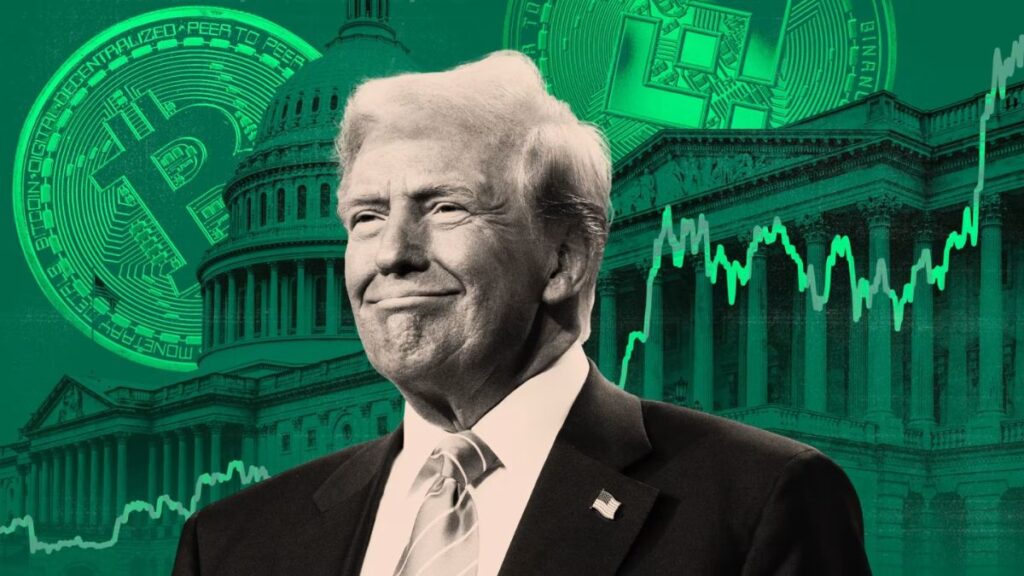TL;DR
- The administration of Donald Trump is executing a regulatory shift that aims to create a more functional framework for Bitcoin and the broader crypto sector in the United States.
- The acting CFTC Chair stated that the government has issued executive orders, pushed forward a key bill, and urged Congress to establish clear rules to support long-term investment planning.
- The SEC and the CFTC are adopting a more coordinated relationship that reduces institutional friction and allows new regulatory tools for the crypto industry.
Acting CFTC Chair Caroline Pham said at an event in Chicago that the Trump administration is launching a new golden age for Bitcoin and cryptocurrencies in the United States.
Her remarks come at a difficult moment for Bitcoin, which is trading below $90,000, still far from its October all-time high, while the market has shed more than $1 trillion in total value in just a few weeks. However, her speech did not focus on price but on the regulatory reset the government wants to implement quickly to regain ground after nearly a decade of regulatory paralysis and loss of competitiveness against Asia, the Middle East, and more open European markets.
The U.S. Punished Bitcoin for 10 Years — Not Anymore
The acting chair noted that the previous administration maintained a hostile stance toward the crypto industry, which pushed companies, talent, and investment toward jurisdictions with clearer rules. According to Pham, the Trump government is reversing course entirely.
The administration has issued a series of pro-crypto executive orders, held the first formal White House conference with crypto companies, advanced a landmark stablecoin law, and encouraged Congress to pass rules that define what can be done and under what conditions. For the government, the priority is to build functional regulations that reduce operational risks and allow companies to plan long-term investments.
Regulation, Innovation, and More Tools
The acting chair also stated that this shift is visible in the relationship between the federal regulators themselves. The SEC has taken a lighter supervisory approach, focusing on transparency and operational compliance, moving away from a permanent litigation stance. The CFTC, meanwhile, is using its existing framework to authorize spot cryptocurrency trading within derivatives-approved platforms and is preparing new standards that would allow tokenized collateral, including deposits in stablecoins.
Pham added that senators proposing a transfer of primary crypto market oversight to the CFTC are not driven by inter-agency rivalry but by the need to clarify responsibilities. According to her, the political and administrative war is over, and the government is returning to a regulatory environment that prioritizes innovation, clarity, and verifiable standards for Bitcoin and the broader crypto market.













